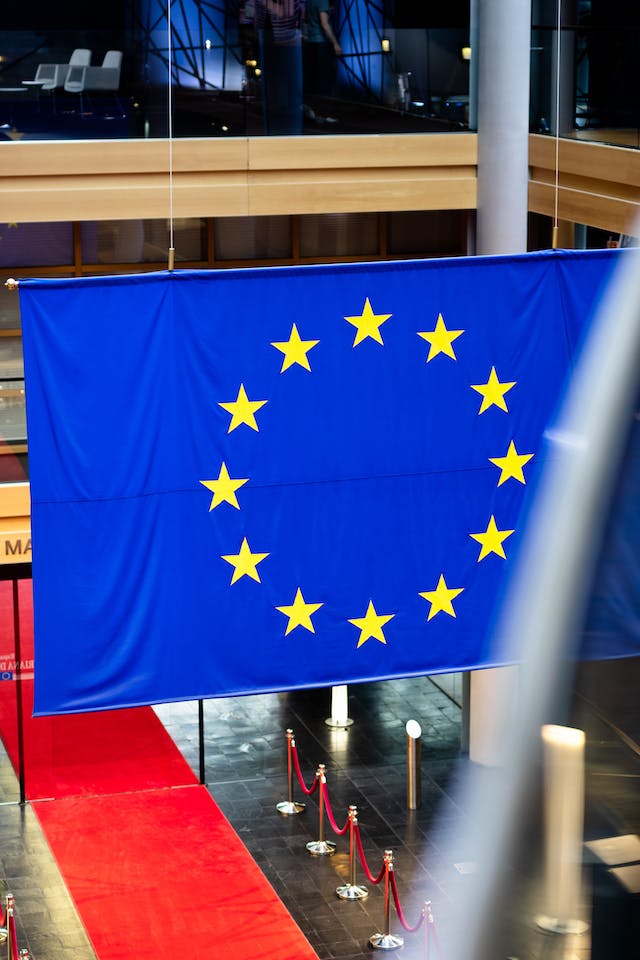
The European Union (EU) Faces a Significant Challenge Concerning its Internal Decision-Making Process, In Particular with Regard to the Unanimity Rule in the Council of the EU.
The recent deadlock in the Council of the European Union caused by Hungary, led by Prime Minister Viktor Orban, blocking the sending of new aid to Ukraine through a veto, has raised fundamental questions about the effectiveness of the long-standing practice of unanimity has been the preferred decision-making system for years. In this context, many experts and politicians are starting to reflect on the opportunity to repeal unanimity and introduce a more flexible and reactive decision-making system that can unblock situations that, otherwise, could generate instability throughout the continent also due, as happened, of a single member country.
Since its foundation, the EU has operated under the principle of unanimity in the decision-making process of the Council, the main decision-making body of the Union, and this has meant that each member state has had the power to block a decision, making the consensus an absolute requirement for any proposed joint action. This approach, although designed to guarantee the sovereignty of Member States, can lead to difficulties when it comes to addressing immediate crises and acting quickly in response to emergency situations, such as those experienced in recent months and in several risky geopolitical contexts.
The most recent case that raised concerns about the effectiveness of unanimity is Hungary’s veto on sending new aid to Ukraine. As the international community seeks to support Ukraine in the context of the ongoing conflict, the Hungarian bloc has highlighted the limitations of the current decision-making system. In situations of humanitarian and geopolitical crisis, the need for rapid and unified responses is crucial and the current voting structure risks compromising the EU’s ability to act promptly and effectively.
In response to situations such as the Hungarian veto on Ukraine, many experts and politicians have begun to openly discuss the need to reform the EU’s decision-making system. One of the most debated proposals is to abolish unanimity and introduce a qualified majority as the standard method for Council decisions. In a qualified majority system, a decision would require the support of a pre-established percentage of member states, making it more difficult for a single country to block a proposal and making the whole process smoother and faster.
There are several arguments in favour of abolishing unanimity in the Council of the EU, among them, the need for greater flexibility offered by qualified majority which would allow the Union to respond more quickly to emerging challenges, such as humanitarian crises, to security and geopolitical changes. Secondly, the reform could help consolidate cohesion and solidarity between Member States, reducing the risk of internal divisions that could weaken the EU’s position on the global stage.
However, there is also opposition and concerns regarding the proposed reform. Some member states, in fact, may fear the loss of decision-making sovereignty and the possibility of being overwhelmed by the decisions of the majority. Furthermore, the reform could raise questions about democratic representativeness, since it could concentrate decision-making power in a limited number of larger member states which would thus have a greater weight in every choice, to the detriment of smaller countries in the Union.
The issue of reforming unanimity in the Council of the European Union has become more urgent than ever, in light of Hungary’s recent veto on sending aid to Ukraine. While the unanimity approach has been a pillar of EU decision-making since its creation, its effectiveness in crisis situations has been questioned. The international community is watching the reform debate closely, aware that the EU’s ability to act in a timely and effective manner may depend on how it addresses this crucial challenge.
Alessandro Fiorentino



 Subscribe
Subscribe